Baby Oil for Skincare: Benefits vs Drawbacks
My husband and I both have childhood memories of baby oil. There's something about the scent of mineral oil that can take you back 40 years in an instant. For both of us, it reminds us of our dads. My husband's dad was a professional clown, and mineral oil was the only thing to get the thick, white face paint off his skin. My dad does woodworking and gunsmithing, and mineral oil is a mainstay in his world.
When it comes to skincare, choosing the right products can be quite a challenge. There's a dizzying array of choices out there, and one that often comes up is baby oil. Known for its gentleness, baby oil is often touted as a simple, effective moisturizer.
But what exactly is baby oil? How does it affect your skin and the environment? Is it safe? Can you use mineral oil on your face?
These were the exact questions I faced when trying to resolve my son's horrible newborn eczema. My mom-brain knew (properly purified) petrolatum was safe, but my doctor-brain wanted something more natural and nourishing.
In this article, we'll delve into the science behind baby oil and explore the perspective of green beauty advocates on its use.
Baby Oil vs Mineral Oil
Mineral oil and baby oil are essentially the same thing.
Mineral oil is a clear, odourless byproduct of distilling petroleum into gasoline. It is a common ingredient in various cosmetic and personal care products due to its properties as a moisturizer and a barrier to moisture loss. It is highly refined and purified for cosmetic use, which means that it doesn't contain the impurities that unrefined mineral oil, used in industrial applications, might contain (and which are known to be harmful and potentially carcinogenic).
Baby oil, on the other hand, is mineral oil with added fragrance to give it its signature scent. The mineral oil used in baby oil is the same highly refined and purified oil used in other cosmetic products. The name "baby oil" is more about marketing than the product being fundamentally different from other mineral oil products.
When using either oil on your face, the results will essentially be the same. However, baby oil has the potential to trigger irritation if you are sensitive to fragrances.
The Science of Baby Oil
Baby oil is a petroleum-based mineral oil that's been refined and fragranced. As an 'occlusive,' baby oil forms a barrier on your skin, preventing water loss. This function benefits dry skin, which can suffer from excessive moisture loss. This is a benefit seen when using any oils on your face, not specific to mineral oil.
The mineral oil used in skincare is highly purified, eliminating potentially harmful contaminants found in its unrefined form. The Cosmetic Ingredient Review (CIR) Expert Panel, composed of independent scientists, has affirmed the safety of mineral oil in cosmetics. However, the proper purification steps are critical to ensuring this safety is maintained.
Is Baby Oil Bad for Your Skin? A Green Beauty Perspective
Despite being an effective moisturizer that is generally felt to be safe, baby oil may not meet everyone's skincare needs or personal values. From a green beauty standpoint, there are important aspects to consider.
First, baby oil is a byproduct of the petroleum industry, an industry linked to significant environmental issues like air and water pollution, habitat destruction, and climate change. As conscious consumers, we must all work to eliminate our dependence on fossil fuels and their derivatives.
Second, many baby oils contain fragrances. While these can enhance user experience, they can also cause irritation or allergic reactions in some people. The lack of transparency regarding fragrance components—due to proprietary reasons—also raises concerns for those of us committed to knowing exactly what we're applying to our skin.
Most importantly, while baby oil may be a simple solution for preventing moisture loss, it lacks other skincare benefits. Unlike plant-based oils such as meadowfoam or jojoba, baby oil does not possess any benefits beyond simple moisturization.
If you use baby oil or mineral oil on your face, you're missing out on the opportunity to use nourishing oils that are antioxidant, anti-inflammatory, antifungal, antibacterial, and able to improve skin health, skin barrier function, and wound healing.
Alternatives to Baby Oil: Towards a Green Skincare Routine
Because of its relationship with the petrochemical industry, mineral oil is on the bareLUXE list of worst oils for your face.
If the points above have led you to reconsider baby oil, there are plant-based alternatives that not only moisturize but also nourish your skin.
Oils derived from plants like jojoba and sunflower seed are rich in vitamins, antioxidants, and fatty acids that can help repair and rejuvenate your skin. Not to mention, they are more environmentally friendly.
If you're specifically looking for a "baby" oil (to use on a baby), sunflower seed oil has been studied in the neonatal and premature birth scenarios in the developing world and is safe and helpful with newborn skin.
If I was going to make a DIY baby oil, I would choose 2 or 3 oils and 0 fragrance:
-
Squalane is a saturated, plant-based hydrocarbon that is a perfect replacement for petrochemical mineral oil. It is essentially bioidentical to the squalene we produce on own skin, so reactions and allergies are almost unheard of.
-
Sunflower seed oil (not high-oleic) is also excellent for the reason I mentioned above.
-
Three others to consider would be meadowfoam, for it's gentleness, borage oil, for the GLA levels, and jojoba oil, for it's wax-like properties.
FAQ
Q: Can I put baby oil on my face?
Yes, you can put baby oil on your face, but whether it's advisable or not depends on your skin type, needs, and personal values.
Baby oil is a petroleum-based mineral oil that's been refined and often fragranced. It's a controversial ingredient because many do not believe it to be safe, despite evidence to the contrary.
From my perspective, there are hundreds of better, natural, plant-based emollient oils to use, so why bother?
Q: Will baby oil clog pores?
Unlikely. Despite being an occlusive agent, mineral oil doesn't clog pores for a majority of people. Baby oil could have a higher risk depending on how it is fragranced.
Q: Is Baby oil safe for the environment?
Baby oil itself does not bioaccumulate.
While both mineral oil and liquid microplastics are derived from petroleum, they are chemically distinct and behave differently. Liquid microplastics pose a risk to the environment as they do not degrade easily and can accumulate in various ecosystems. The chemical structure of mineral oil does not present the same concerns regarding environmental persistence or bioaccumulation. However, refining petroleum to produce mineral oil contributes to the petroleum industry's environmental impact, which is dire.
Summary
While baby oil isn't inherently bad for your skin and can function as a straightforward moisturizer, it's critical to consider both your skin's needs and personal values when deciding on your skincare routine.
Choosing skincare products is not merely about immediate effects but also long-term health and environmental impact. After all, a beautiful complexion is even more rewarding when it's achieved sustainably.
Chuberre B, Araviiskaia E, Bieber T, Barbaud A. Mineral oils and waxes in cosmetics: an overview mainly based on the current European regulations and the safety profile of these compounds. J Eur Acad Dermatol Venereol. 2019 Nov;33 Suppl 7:5-14.
Dr. Heather Smith developed her love for skinimalism and clean beauty years ago when she began making home remedies for her newborn's eczema. She is an expert in natural ingredients and active botanicals and has now launched bareLUXE Skincare - a full line of effective oil serums. She dedicates this blog to consumers who are researching ingredients and working to make their beauty ritual more natural and sustainable.

MEDICAL DISCLAIMER
This content is for informational and educational purposes only. It is not intended to provide medical advice or to take the place of such advice or treatment from a personal physician. All readers/viewers of this content are advised to consult their doctors or qualified health professionals regarding specific health questions. Neither Dr. Smith nor the publisher of this content takes responsibility for possible health consequences of any person or persons reading or following the information in this educational content. All viewers of this content should consult their physicians about their skincare concerns and routines.


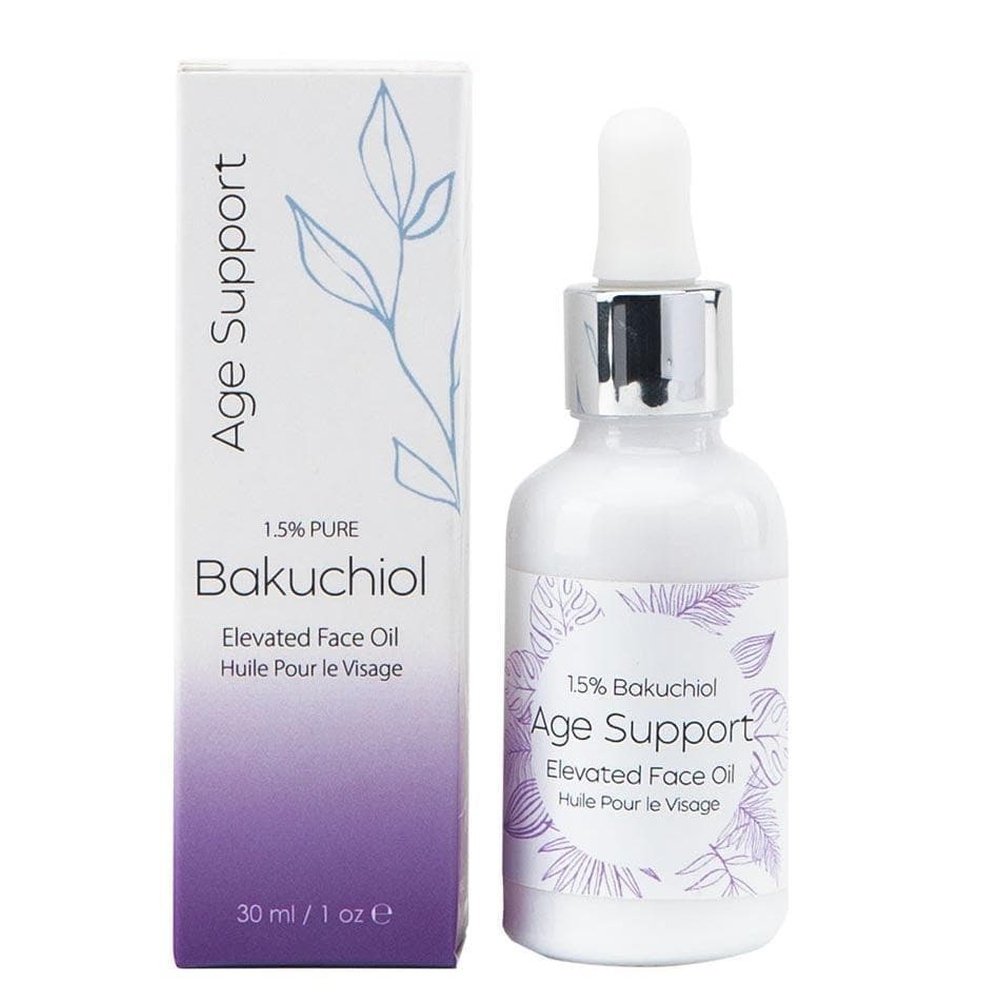
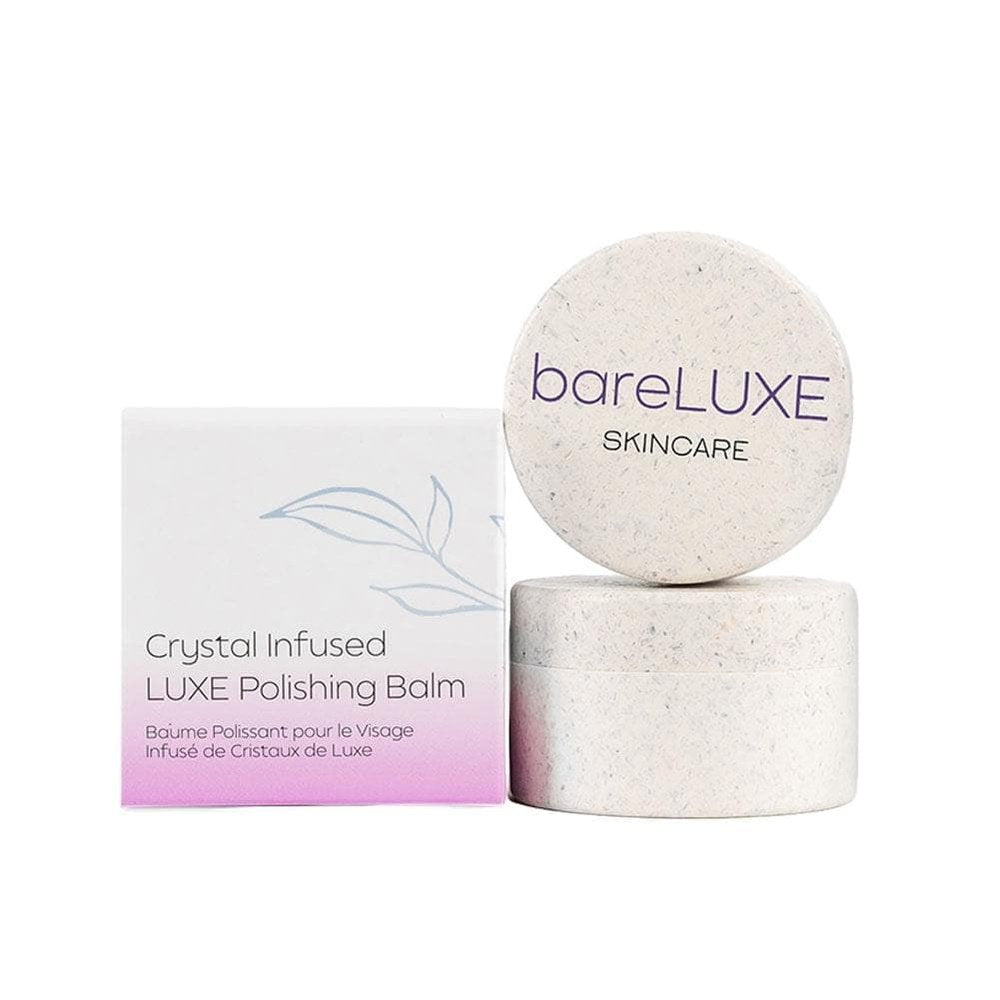
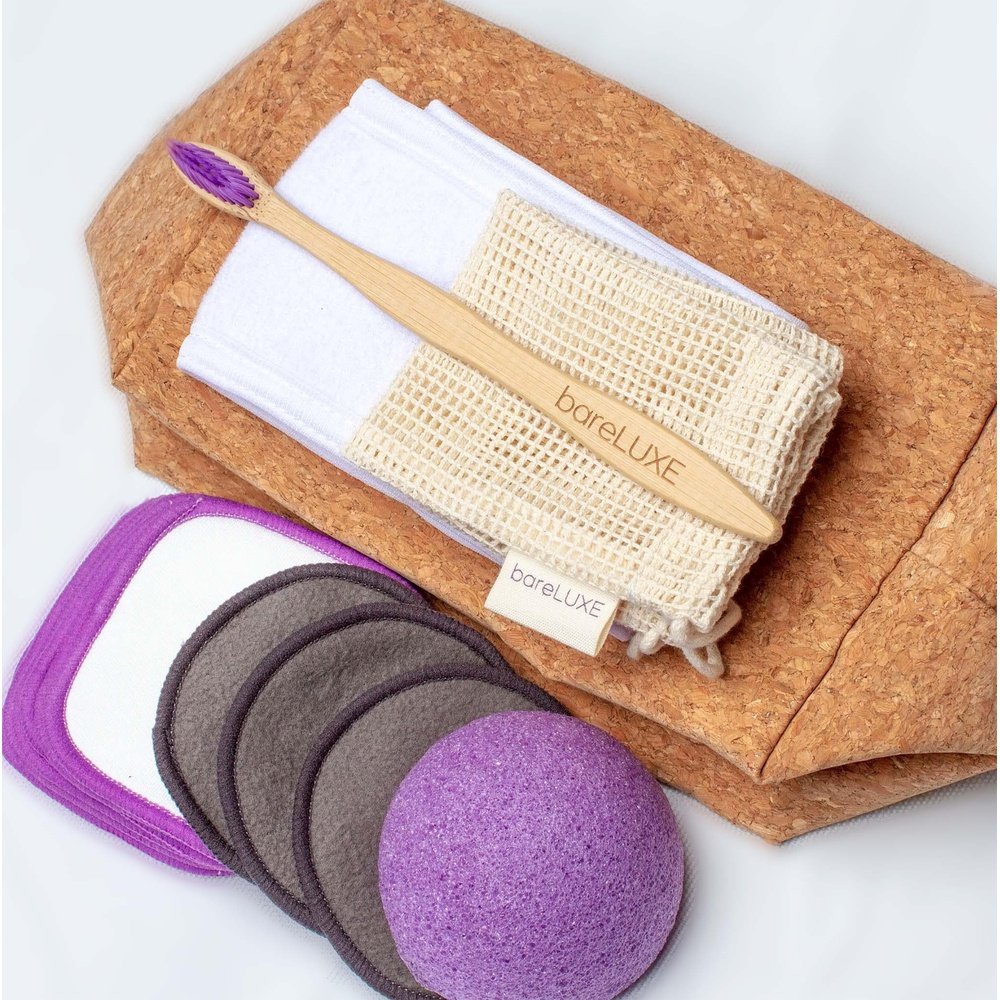
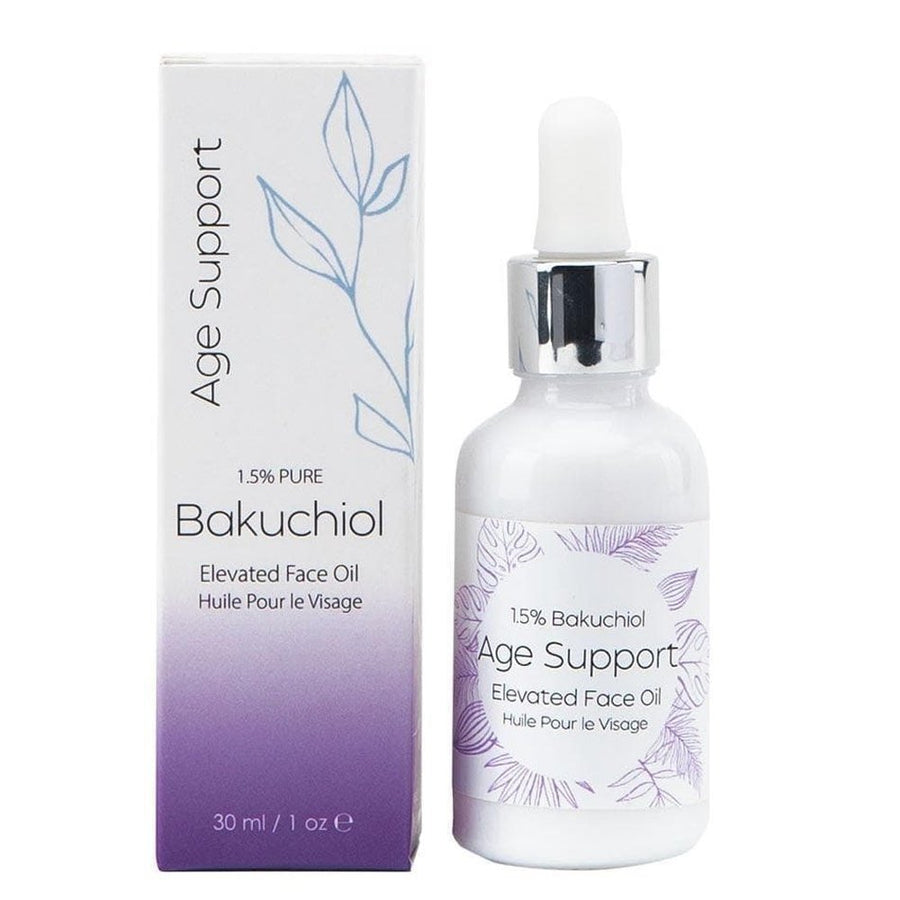
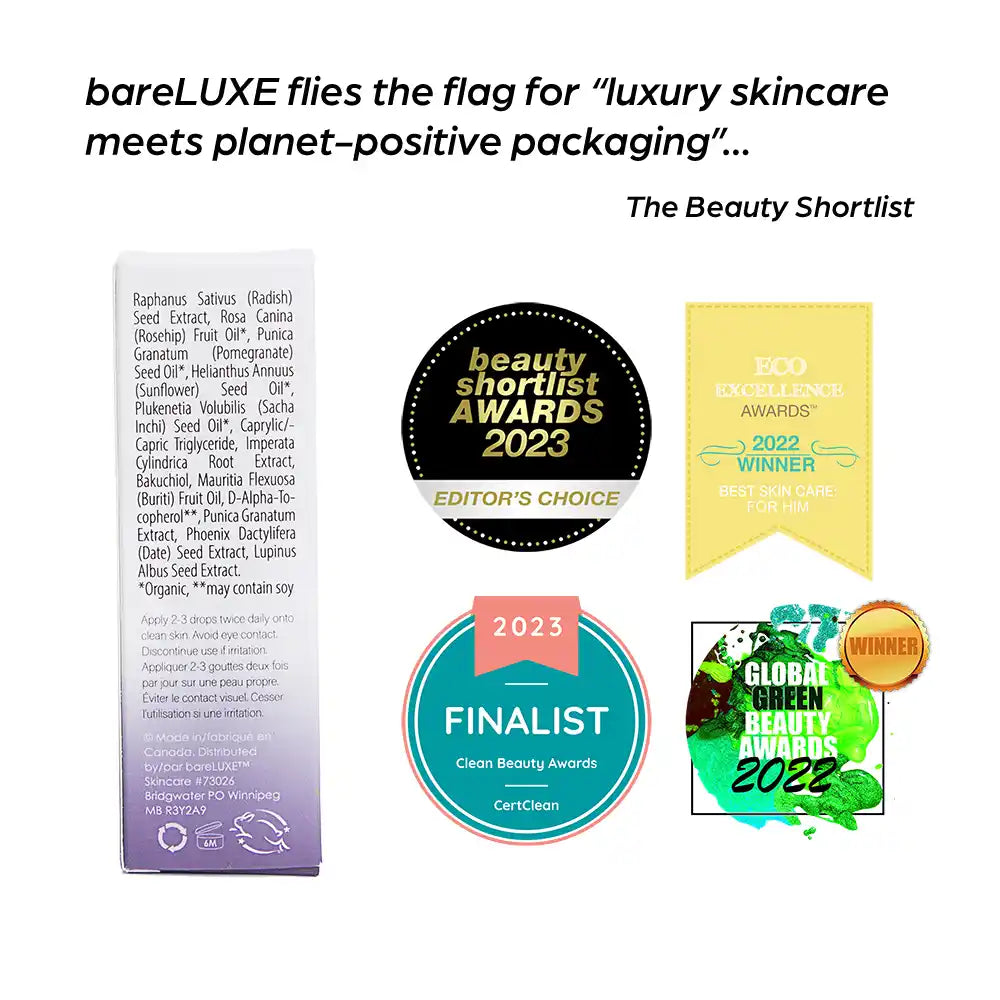
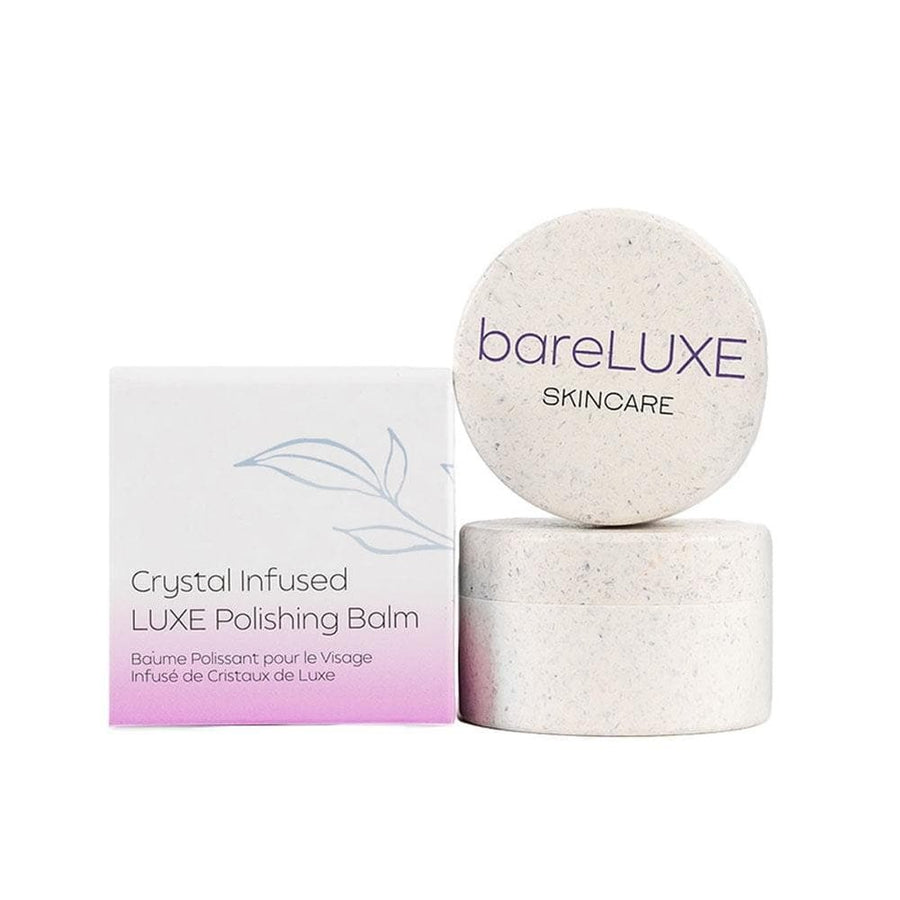
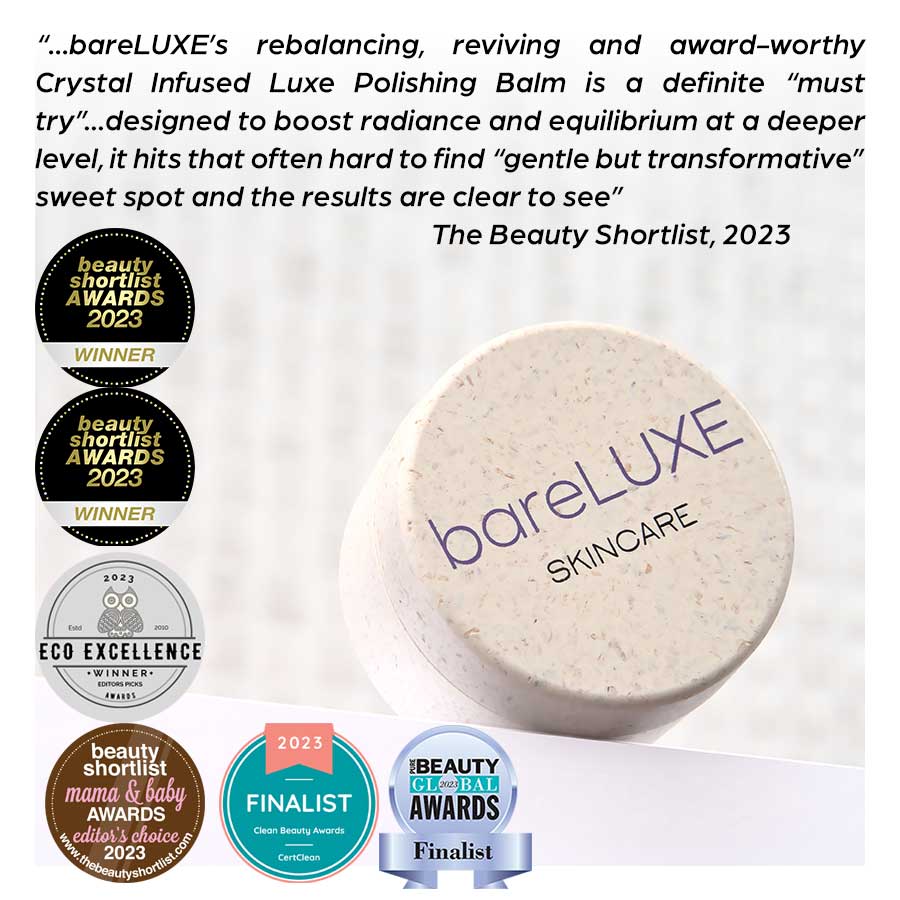
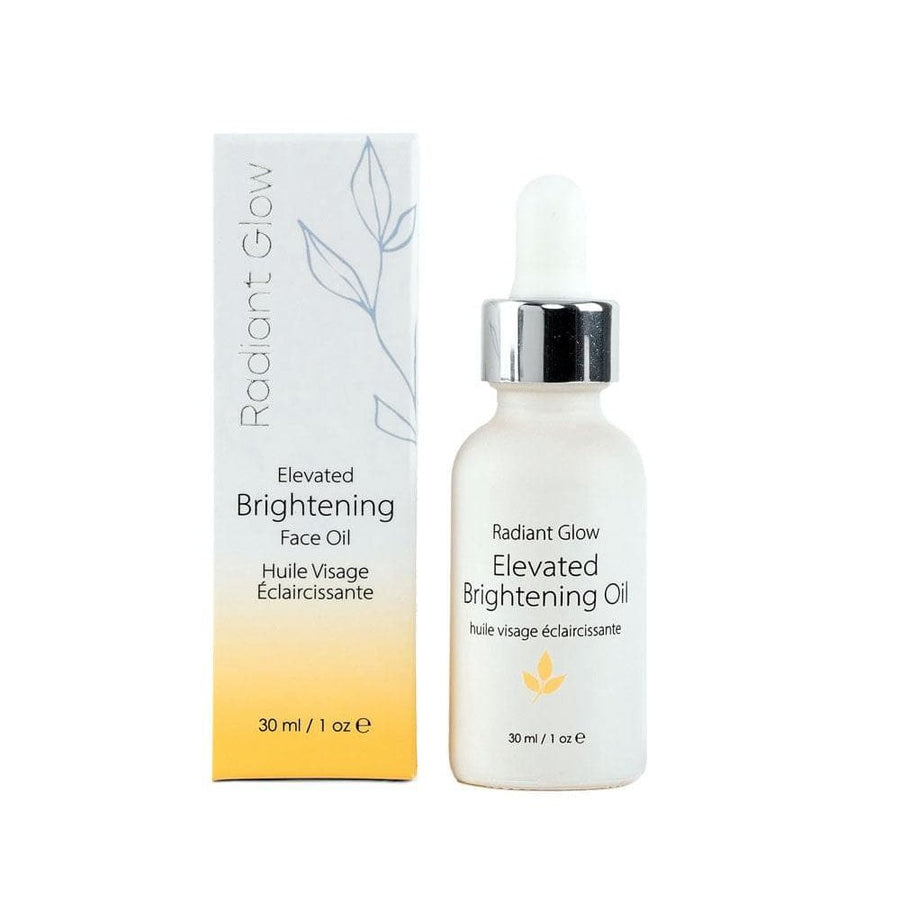
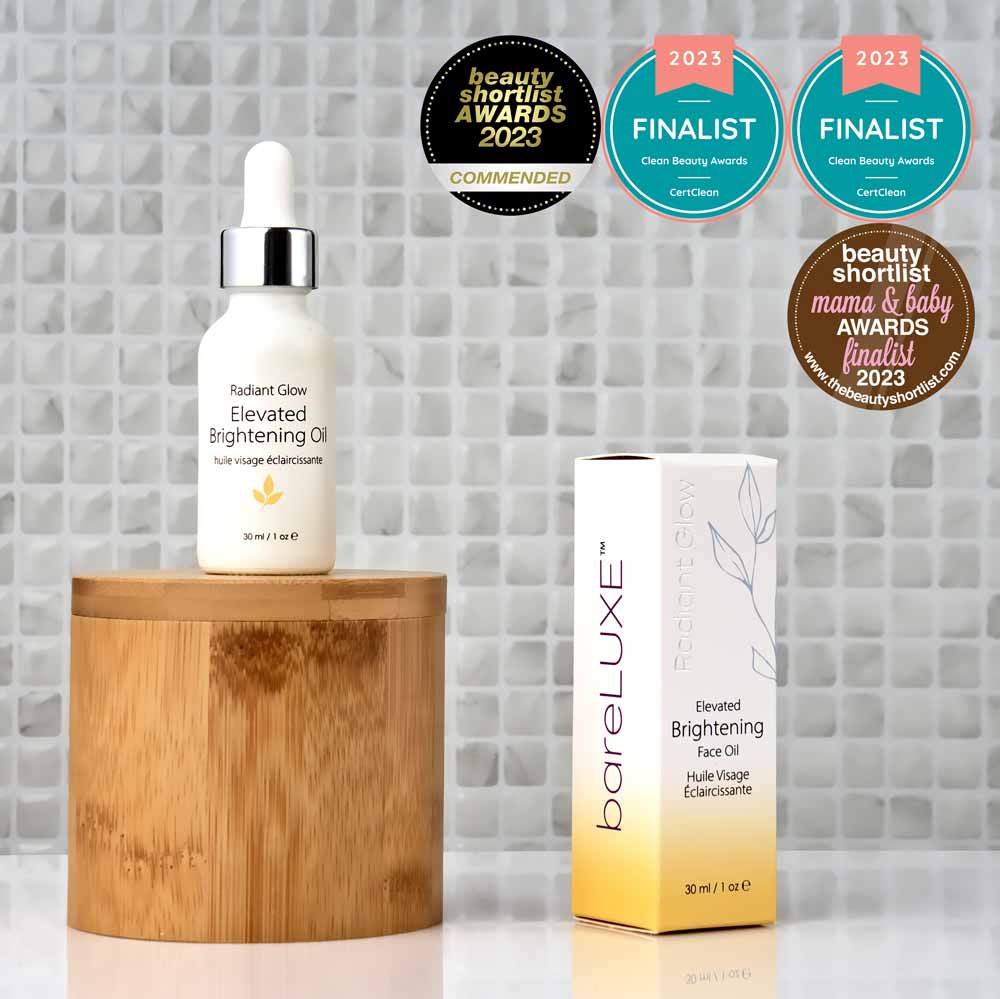
Leave a comment